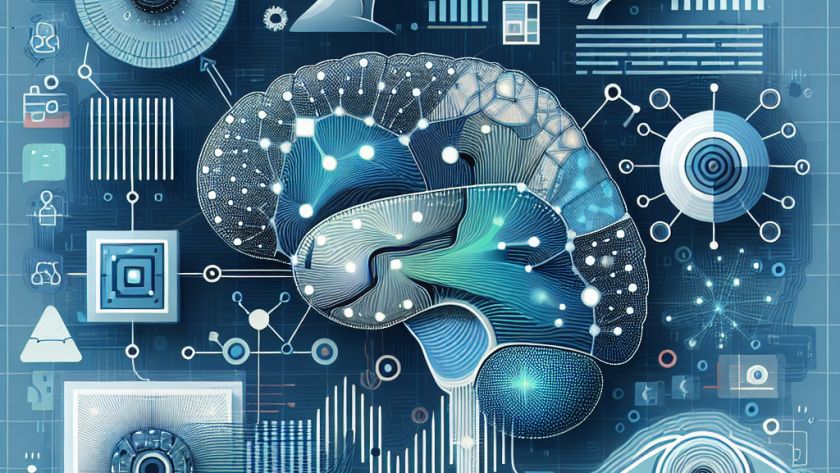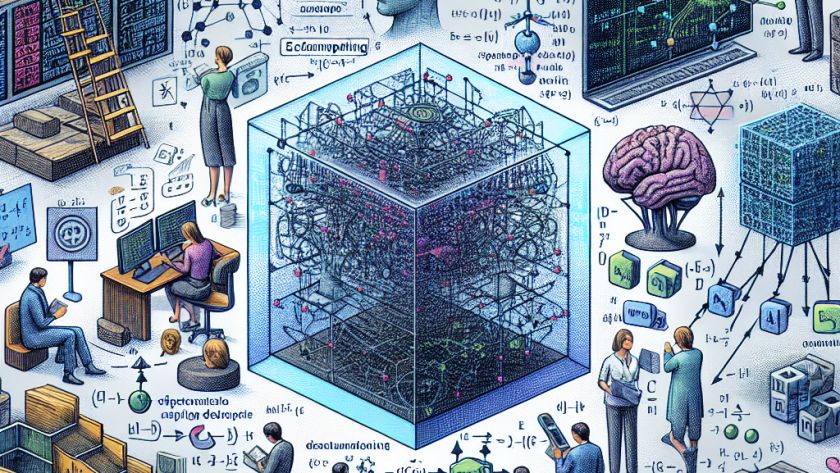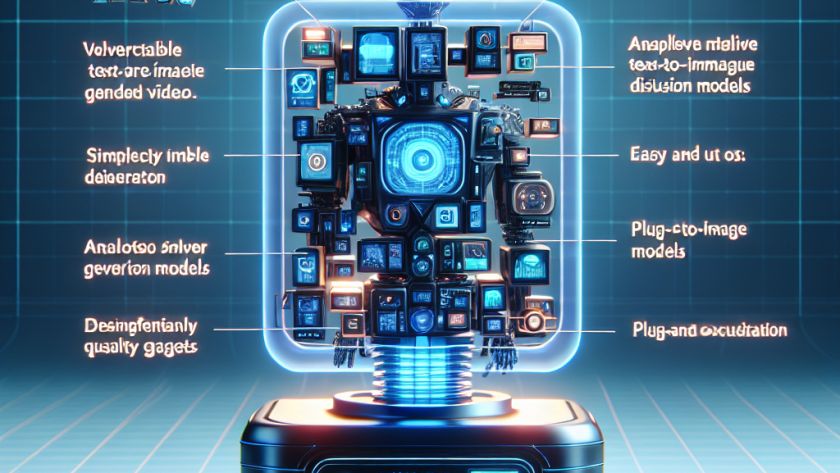Reinforcement Learning from Human Feedback (RLHF) is a technique that improves the alignment of Pretrained Large Language Models (LLMs) with human values, enhancing their usefulness and reliability. However, training LLMs with RLHF is a resource-intensive and complex task, posing significant obstacles to widespread implementation due to its computational intensity.
In response to this challenge, several methods…












